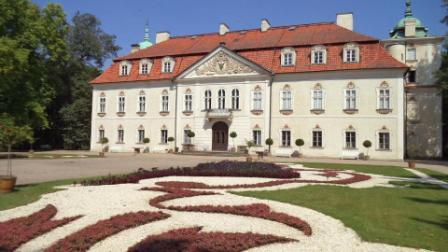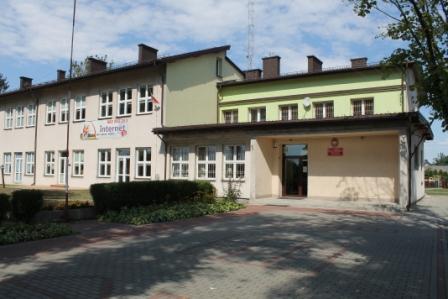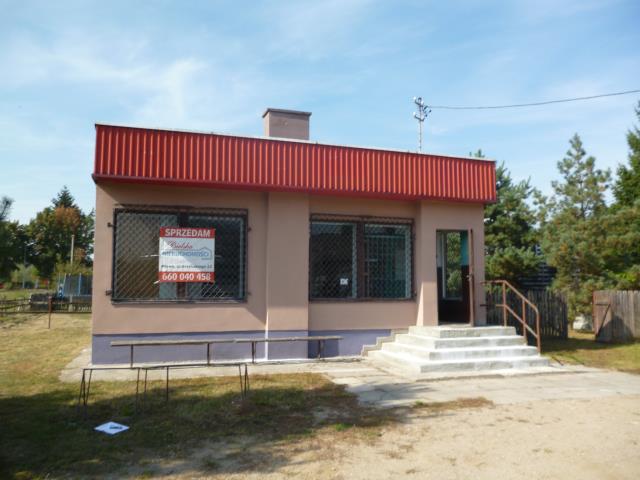musicwriter 5 | 87
18 Jan 2010 #1
I have difficulty learning the system for modifying names of Polish towns that refer to a thing in the town. i.e.
A church in Nieborów (kosciół w Nieborowie)
A shop in Lewiczyn (sklep w Lewiczinie)
A palace in Warszawa (pałac w Warszawie)
A street in Siedlce (ulica w Siedlcach)
A house in Paprotnia (dom w Paprotni) Paprotnie?
A school in Nowy Ręczaje (szkoła w Ręczajach Nowych)
Proszę pomóc
A church in Nieborów (kosciół w Nieborowie)
A shop in Lewiczyn (sklep w Lewiczinie)
A palace in Warszawa (pałac w Warszawie)
A street in Siedlce (ulica w Siedlcach)
A house in Paprotnia (dom w Paprotni) Paprotnie?
A school in Nowy Ręczaje (szkoła w Ręczajach Nowych)
Proszę pomóc



